#empress 1908
Explore tagged Tumblr posts
Text
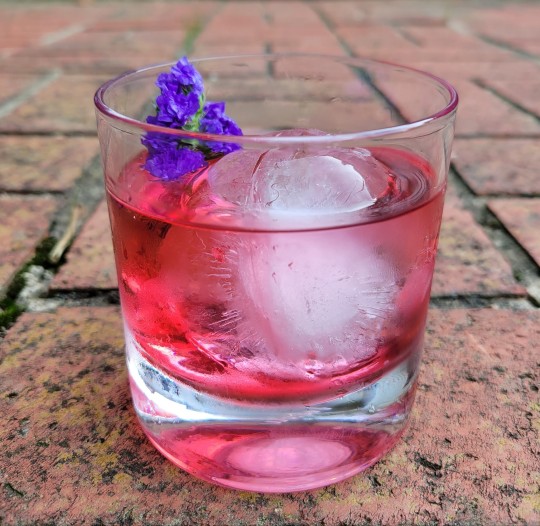
Empress Elderflower Rose Gin Negroni
6 notes
·
View notes
Text
Empress Lavender Lemonade
Remember mom's homemade lemonade? Well, now you're a mom and it's time to make your own.
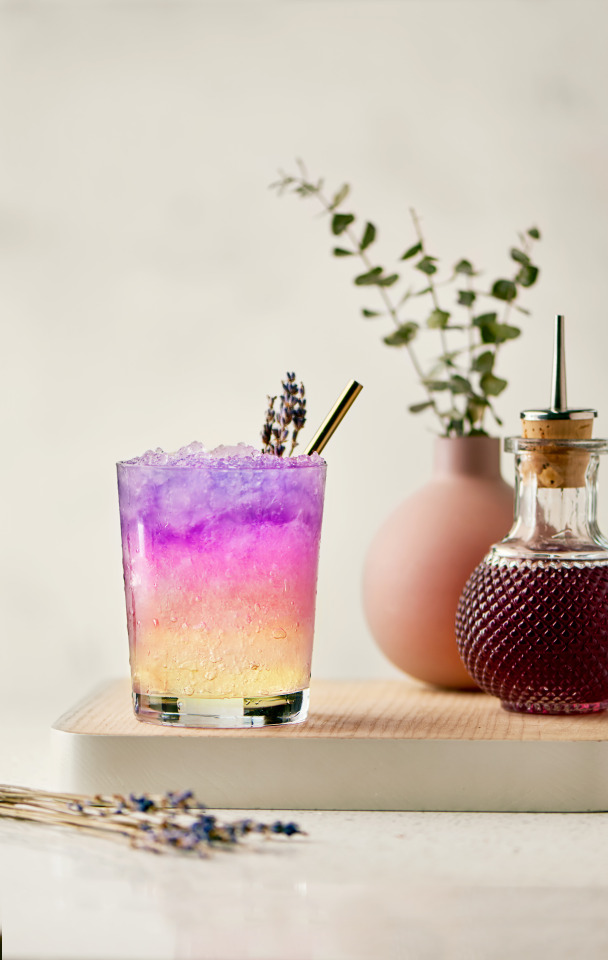
View On WordPress
#cocktails#Empress 1908#Empress gin cocktails#gin and lemonade#home bar cocktails#homemade lemonade#lavender cocktail#lemonade cocktail#spring cocktail#summer cocktail#wedding
6 notes
·
View notes
Text
Not the best photo since it's a crop from my insta story. It's Gin + Tonic Day and, as mentioned in the previous post, I've been drinking Empress a lot. So here's an Empress and diet tonic I made to go with my dinner. And I even put it in a Zelda glass. (Note to self: find out if the folks that own the bar that used to have Zelda-themed drinks still have a copy of their old menus so I can recreate them for the Tears of the Kingdom release.)

0 notes
Photo
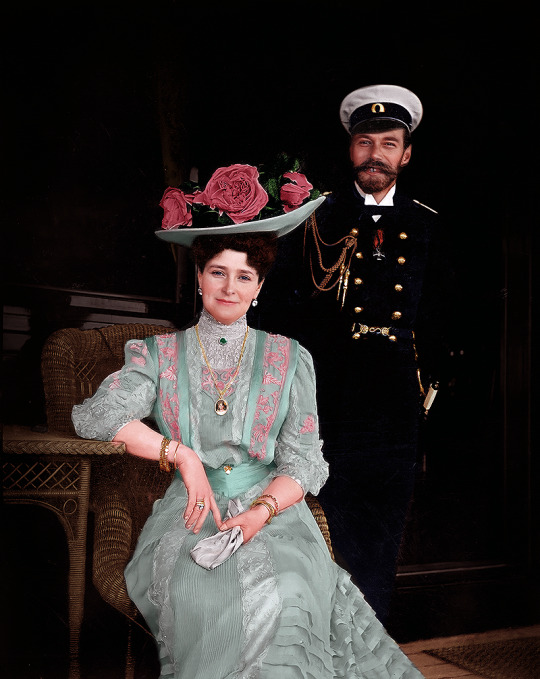
Emperor Nicholas II of Russia with his wife Empress Alexandra Feodorovna of Russia, onboard Imperial Yacht Standart during King Edward VII and his family’s visit in 1908.
#Emperor Nicholas II of Russia#Emperor Nicholas II#mpress Alexandra Feodorovna of Russia#Empress Alexandra Feodorovna#Empress Alexandra#Empress Alexandra of Russia#Princess Alix od Hesse#last tsar#last tsarina#tsar nicholas II#tsarina alexandra feodorovna#standart#imperial yacht standart#1908#1900s#edwardian#romanovs#imperial russia#Imperial Family#colored photography#digital coloring#b&w picture coloring#history colored
229 notes
·
View notes
Text
A SILK PORTRAIT FROM ALAN KENNEDY

A rare portrait on silk was acquired by a museum from Alan Kennedy during Asia Week New York in 2016. This painting will soon be exhibited in a major exhibition entitled, “Empresses of China's Forbidden City.” The exhibition opens at the Peabody Essex Museum in Salem, Massachusetts on August 18th, and will travel to the Freer/Sackler Museum in Washington, DC.
The painting depicts the Empress Dowager Cixi (1835-1908) in the guise of Guanyin, the Buddhist bodhisattva sometimes referred to as the Goddess of Mercy. It was painted by a court artist in the Forbidden City, and was created at the request of an American missionary named Reverend Issac Taylor Headland. His wife was a physician who treated several of the women in Cixi's entourage.
One of the unique aspects of the portrait is that it depicts the face of the Empress Dowager in a realistic manner, without hiding the effects of age. Other paintings of her show Cixi in a more idealized manner, looking younger than her actual years. The Empress Dowager would not have been pleased if she had seen this portrait.The painting was reproduced in a book by Reverend Headland (Court Life in China, 1909), and he described the unusual circumstances behind the making of the painting. The portrait remained in the possession of his descendants until recent times, and will now be seen by the many visitors to the upcoming museum exhibitions.
#The painting depicts the Empress Dowager Cixi (1835-1908)#antique painting chinesse art#original art#artist painter#art#raiko huyiro#xpuigc
9 notes
·
View notes
Text

Fallen Spice
Spice up your fall cocktail repertoire with this beautiful creation by @gourmetglow! With a unique combination of homemade cardamom vanilla syrup, almond milk, and grape juice this is the perfect recipe for an adventurous mixologist!
Ingredients
1½OZ Empress 1908 Gin
½OZ Lemon Juice
½OZ Cardamom Vanilla Syrup*
1OZ Grape Juice
1OZ Almond Milk
Fresh Grapes
#cocktail#cocktails#cocktail recipe#cocktail recipes#Empress gin#grapes#fruit#grape juice#cardamom#vanilla#lemon#almond milk#recipe#recipes#drink#drinks#alcoholic beverages#alcoholic drinks#drinking#drinking cw#alcohol#alcohol cw#gin cocktail#gin cocktails#gin#Empress 1908 gin
6 notes
·
View notes
Text
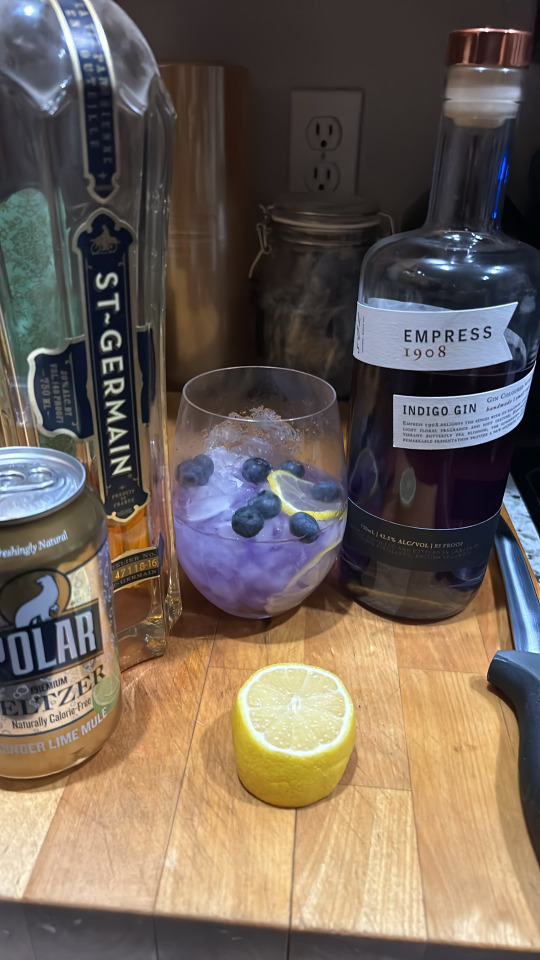
#cocktails are cheaper at home#empress 1908 gin#St Germain Elderflower liqueur#lemon slices#fresh blueberries#ginger lime sparkle water
4 notes
·
View notes
Text


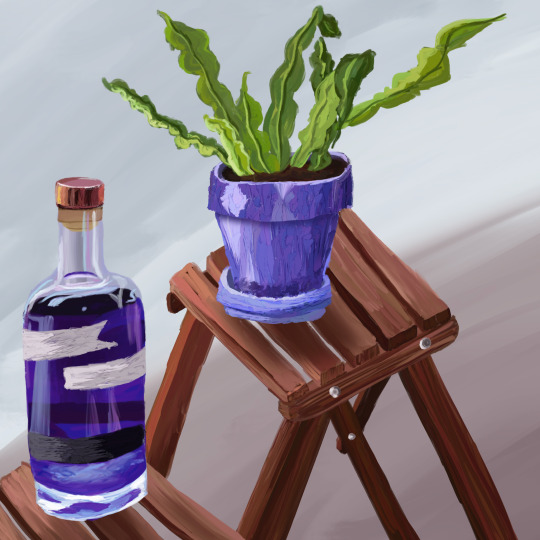
Some things I’ve drawn recently.
#procreate#artist#digital art#artists on tumblr#empress 1908 gin#empress gin#starbucks#pink drink#lemonade#my artwork#fandomwriterstuff
9 notes
·
View notes
Text
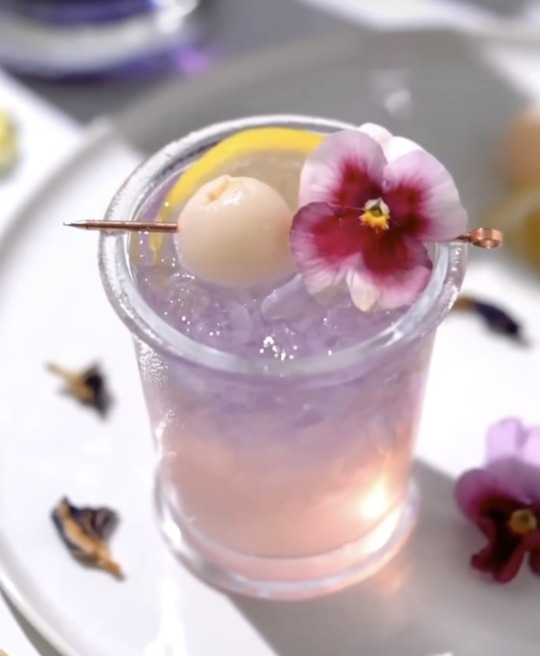
𝙀𝙢𝙥𝙧𝙚𝙨𝙨 𝘾𝙤𝙘𝙤𝙣𝙪𝙩 𝙇𝙮𝙘𝙝𝙚𝙚 𝘾𝙤𝙘𝙠𝙩𝙖𝙞𝙡
#AlcoholicBeverage#AlcoholicDrink#Empress 1908 Gin#Lychee syrup (Canned Lychee)#Coconut Water#Lemon Juice#Lychee#Edible Flower#Lemon
22 notes
·
View notes
Text


One of our neighbors gave us a bottle of Empress 1908 Elderflower Rose Gin as a thank-you for helping around our building, and it’s a lovely gin that makes a really pretty martini! I only want to use this for classic drinks because I don’t want that gorgeous color or the delicate flavors being eclipsed by stronger ingredients.
0 notes
Text
GSN Review: Empress 1908 Cucumber Lemon Gin
Inspired by traditional afternoon tea, Empress 1908 Gin announces the U.S. launch of Empress 1908 Cucumber Lemon Gin. This refreshing new expression is crafted with eight botanicals including juniper berries, lemon, jasmine, star anise, cucumber and fresh lemon zest. “Following the overwhelmingly positive reception of our Elderflower Rose Gin last year, we leveraged our Master Distillers’…

View On WordPress
0 notes
Text
This martini is made with Lillet Blanc, a French apéritif, with notes of orange, mint, and vanilla.
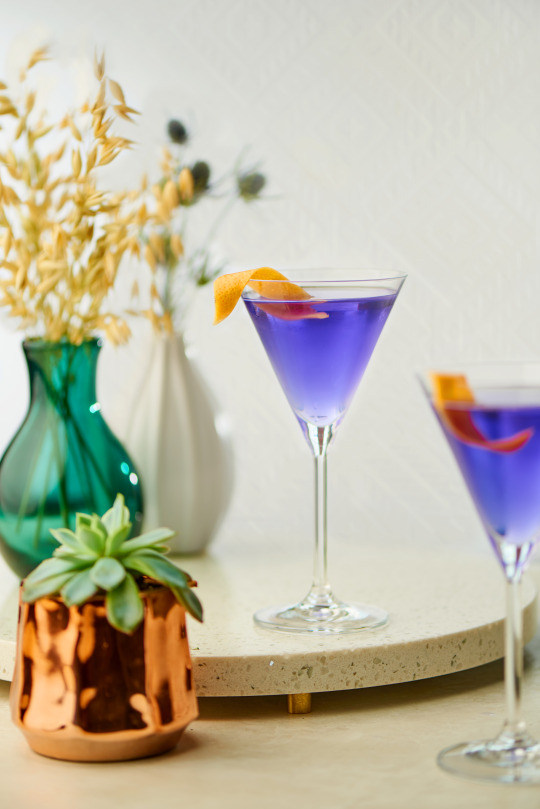
View On WordPress
#classic cocktail#cocktail recipes#Empress 1908#Empress 1908 cocktail#Empress 1908 Gin#gin martini#gin martini recipe#Lillet Blanc#Lillet Blanc cocktails#making cocktails at home#martini#martini recipe
0 notes
Text
My favorite brunch cocktail is the Greyhound. @geeksplorer-blog gave me a bottle of Empress for Christmas, so I've been working my way through it. I also had some salt leftover from when I was craving margaritas. So I made a Salty Dog to drink with my breakfast.
If you're wondering about the colo, Empress is indigo from butterfly pea which interacts with citrus to become pink or purple, depending on amount.
Salty Empress
1.5 oz Empress 1908 gin
Juice of one grapefruit (about 4 oz)
Serve over ice in a salted rocks glass. Garnish with an optional lime or grapefruit wheel.

0 notes
Text
NEW Empress 1908 Elderflower Rose Gin
About Empress 1908 Elderflower Rose Gin Handcrafted in small batch copper-pot stills by Victoria Distillers in Sidney, B.C., on Vancouver Island. Empress Elderflower Rose Gin is all-natural and certified Kosher. Suggested retail price of $39.99 Why now? Because Elderflower & Rose are trending upward You may be wondering – why now? According to Datassential, the elderflower flavor has grown…

View On WordPress
0 notes
Text
Marianne - The Most Scandalous of the von Pistohlkors Siblings
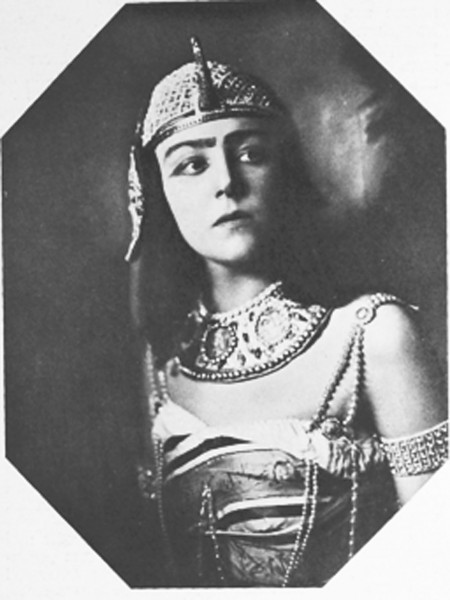
Marianne von Pistohlkors was born in 1890 and was known by many names throughout her life. Her family called her "Babaka", her friends called her "Malanya".
In 1908, at the age of 17, she married Lt. Col. Peter Petrovich Durnovo, the son of the Minister of Internal Affairs, Pyotr Durnovo, and a classmate of her older brother Alexander. They had one son, Kyrill, born in November 1908. During that time, she was known as Mrs. Durnovo.

There are different versions as to why the couple got divorced just three years after their marriage. Some say Durnovo had a drinking problem and was abusive, others say Marianne was having an affair with none other than Rasputin:
"She was married first to the guards hussar Durnovo. She was acquainted with Rasputin. Once Durnovo, having suddenly appeared at a small gathering of the Elder's admirers, caught the moment when the Elder was embracing his wife. With a strong blow the hussar knocked the Elder down, took his wife away, and Rasputin, lying down, shouted: "I will remember you" - A.I. Spiridonovich
Either way, the couple was divorced in 1911, but it didn't take long for 22-year-old Marianne to find a new husband: a year after her divorce, she married Christopher Ivanovich von Derfelden, another officer and collegue of her brother Alexander. From then on and during most of WWI, she was known as Marianne von Derfelden. And it would be under that name that she would be implicated in one of the most famous murders of history.
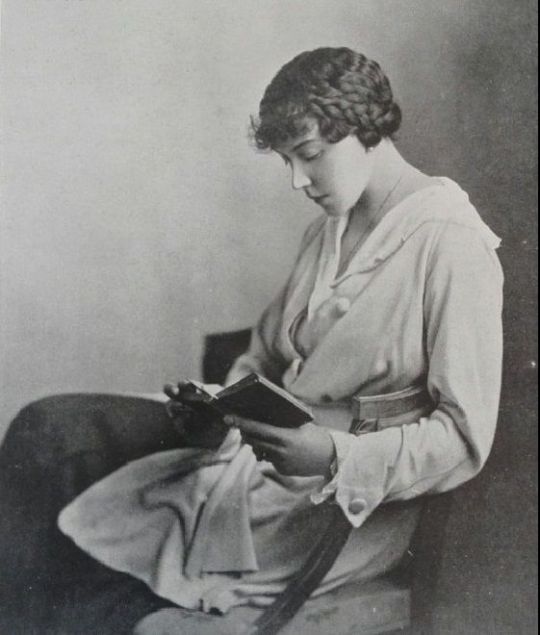
Marianne was considered a very attractive woman. She was also witty, inteligent and social, which made her very popular in Saint Petersburg high society in the final years leading up to World War One. One of her most famous stunts was to attend a costume ball given by Kleinmichel dressed as an Egyptian in which she performed a provocative dance with a naval officer (who was not her husband).
Two photographs of the evening were published in a famous social magazine and were a tremendous success.
At the time, Marianne was also an amateur actress and model.
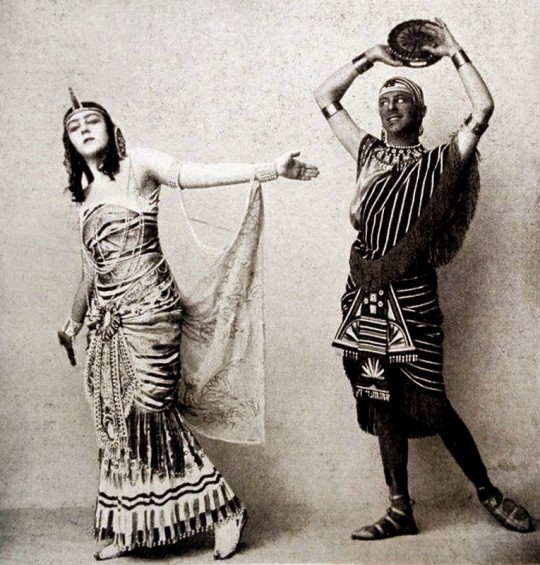
After World War One started, Marianne became a nurse and drove ambulances around the city. On January 5, 1916, she received the St. George Medal for her efforts.
Since her mother and stepfather had returned to Russia in 1914, Marianne had also developed a close friendship (some even refer to it as flirtation) with her step-brother, Grand Duke Dmitri Pavlovich. They attended the same parties and had the same circle of friends. They also were among the Saint Petersburg aristocratic groups that hated Rasputin and thought he was a bad influence on the Empress.
This was a time when the rumours in Petrograd society were particularly wild and farfetched, so the nature of Dmitri and Marianne's relationship varies between "friendly", "flirtatious" to "they were lovers and took pictures of themselves reenacting Kamasutra positions" and "they participated in orgies thrown by Prince Felix Yussupov in his palace".
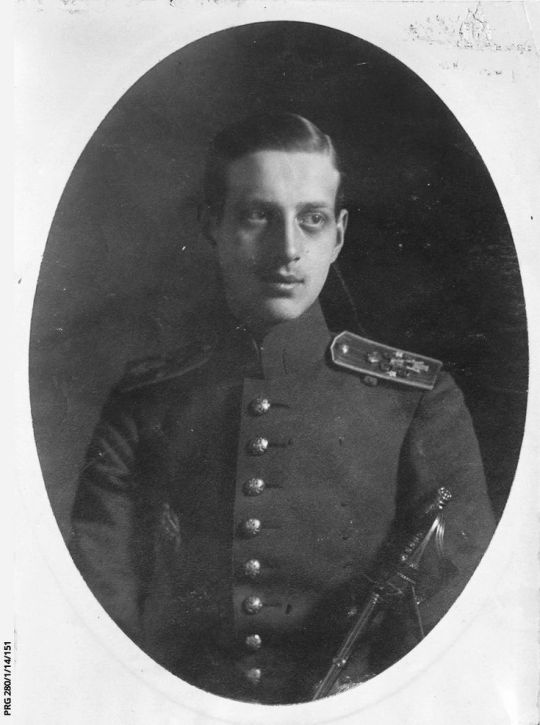
Whatever the nature of their relationship, the truth was that Marianne was deeply involved in the conspiracy to murder Rasputin. It had never been fully proved that she was the Yussupov Palace, but she knew about the plans and there were rumours that some of the meetings to organize the murder took place at her apartment.
When it was discovered that Dmitri was one of the co-conspirators and was sent to the Persian front as punishment, Marianne was one of the few people who went to the train station to say goodbye, which ultimatly alerted the authorities to her participation and Empress Alexandra ordered her house arrest. Her telephone was taken and her house was searched [apparently, when the guards asked for a key to open a closed drawer, she told them 'you'll only find love letters'], but nothing was discovered and she was set free on three days later.
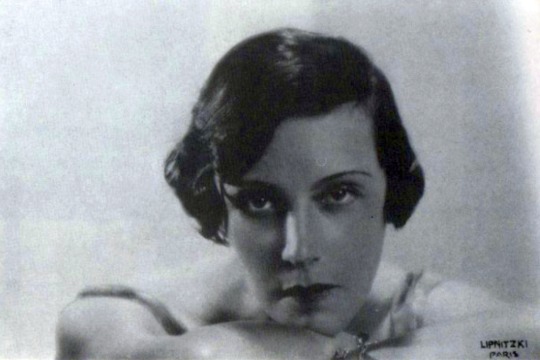
A few days after Dmitri's departure, the French Ambassador, Maurice Paléologue, met Marianne at a restaurant and this was what he wrote about the meeting in his memoirs:
Dining at the Restaurant Contant this evening, I saw pretty Madame D----- at the next table with three officers of the Chevaliers-Gardes; she was in mourning. During the night of January 6-7, she was arrested on suspicion of having taken part in the murder of Rasputin, or at any rate known of the preparations. Thanks to the high influences which protect her, she was simply kept under observation in her flat and released three days later. When a police officer asked her for the key of her bureau in order to secure her papers, she replied sweetly and simply: "You'll only find love-letters." The remark is Madame D----- personified. Twenty-six years of age, divorced, remarried at once, then separated from her second husband, she leads a wild life. Every evening, or rather every night, she holds high revel until morning: theatre, ballet, supper, gypsy singers, tango, champagne, etc. And yet it would be a great mistake to judge her solely by this tawdry dissipation; at bottom she is warm-hearted, proud and an enthusiast. Rasputin's murder, of the preparations for which she knew, came as a thunderbolt to her. The Grand Duke Dimitri seemed to her a hero, the saviour of Russia. She went into mourning on learning the news of his arrest. When she heard that he had been sent to the Russian army front in Persia, she swore to continue his patriotic work and avenge him. Since the police evacuated her residence four days ago, she has been concerned in all the ramifications of the plot against the Emperor, carrying letters to some and passwords to others. Yesterday she called on two colonels of the guard to win them over to the good cause. She knows that the agents of the terrible Okhrana are watching her, and is fertile in resources to throw them off the scent. Any night she expects to be incarcerated in the fortress or sent to Siberia; but she has never been so happy before. The heroines of the Fronde, Madame de Longueville, Madame de Montbazon and Madame de Lesdiguières must have known this unreal exaltation, by virtue of which the conscientiousness of a great peril rekindles a great love. When she finished dinner she passed close to my table, followed by her three officers. She came up to me. I rose to shake hands. In rapid tones she said: "I know that our mutual friend came to see you yesterday and told you everything . . . He's extremely anxious about me. It's only natural . . . he loves me so much! Anyhow, he thought you would be ready to help me in case of disaster and was anxious to make certain. But I knew what you'd say. What could you do for me if things went badly? Nothing; that's obvious . . . . But I'm grateful for the nice things you've said about me, and I'm sure that at the bottom of your heart---though not as ambassador---I have your approval . . . We may never meet again. Good-bye!" And with these words she sped away swiftly and silently, escorted by her chevaliers-gardes.
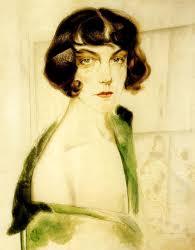
As mentioned in the quote above, by 1916, Marianne was already separated from her second husband and would soon marry again, this time in October 1917 to Count Nikolai Konstantinovich von Zarnekau, a son of Prince Konstantin of Oldenburg.
Perhaps because of the preassures of the revolution [Marianne later revealed that her life with Nikolai was marked by poverty], this marriage was even shorter than the others and, by 1918, she was already in a relationship with Andrei Nikolaevich Lavrentiev, a Russian actor and theater director.
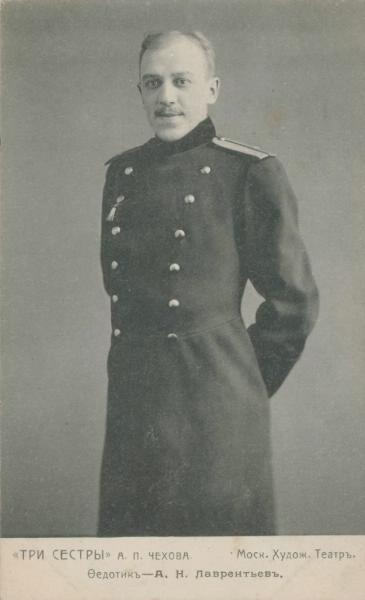
According to her mother’s recollections, Marianne warned her family several times about the impending arrest, having received information from a commissar who was infatuated with her. “She was quick, … tactfully and easily met Kuzmin. He fell madly in love with her. And he freed us for her sake,” wrote Olga Paley. On August 9, 1918, the Danish envoy H. Scavenius proposed a plan through Marianne to save the Grand Duke: Pavel Alexandrovich, dressed in an Austro-Hungarian uniform, was to hide in the Austro-Hungarian embassy, but the latter refused to change into the uniform of a state hostile to the Russian Empire. Despite all her efforts, she still failed to save her family.
After the death of her son and husband, Olga Valerianovna and her younger daughters illegally emigrated to Finland with the assistance of P. P. Durnovo, Marianna's first husband. Her father and brother Alexander left the country with their families.
Marianne, however, remained in Russia until 1921. She became an actress at the Bolshoi Theater under the stage name Maria Pavlovna in honour of her late stepfather. In 1921, she moved with her lover to Riga, where they remained for several years. In 1936, under the stage name Marianne Fiori, Marianne moved to New York and would remain in the United States until her death. In 1961, she was married for the fourth time to Mikhail Aleksandrovich Paltov, the son of chamberlain Aleksandr Aleksandrovich Paltov , formerly a captain of the Life Guards Horse Grenadier Regiment.
#romanov#paul alexandrovich#imperial russia#russian aristocracy#marianne von pistohlkors#grigori rasputin#grand duke dmitri pavlovich#prince felix yussupov#irina paley#natalie paley
42 notes
·
View notes
Text

Nicholas II and Empress Alexandra Feodorovna, June 1908.
149 notes
·
View notes